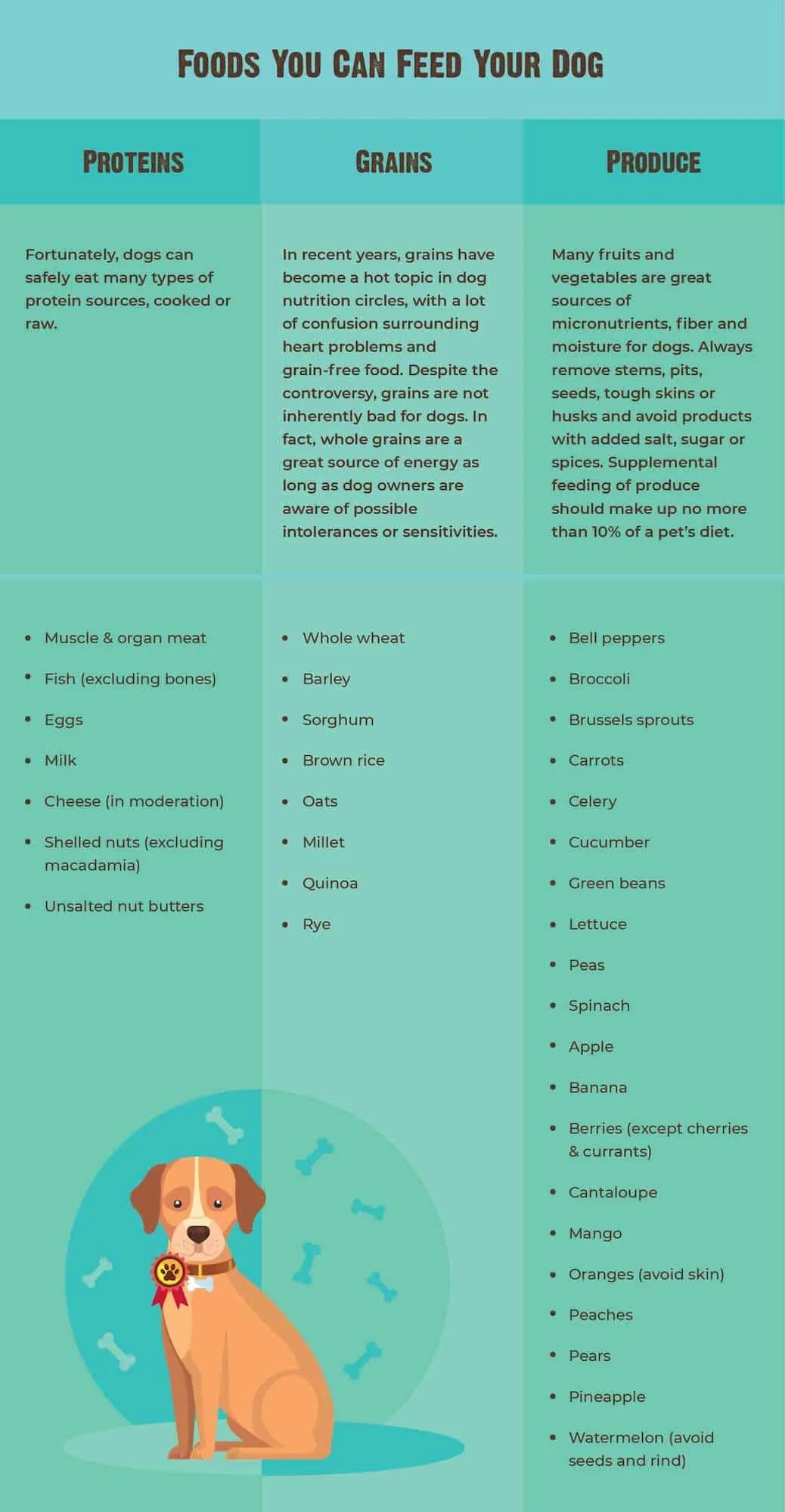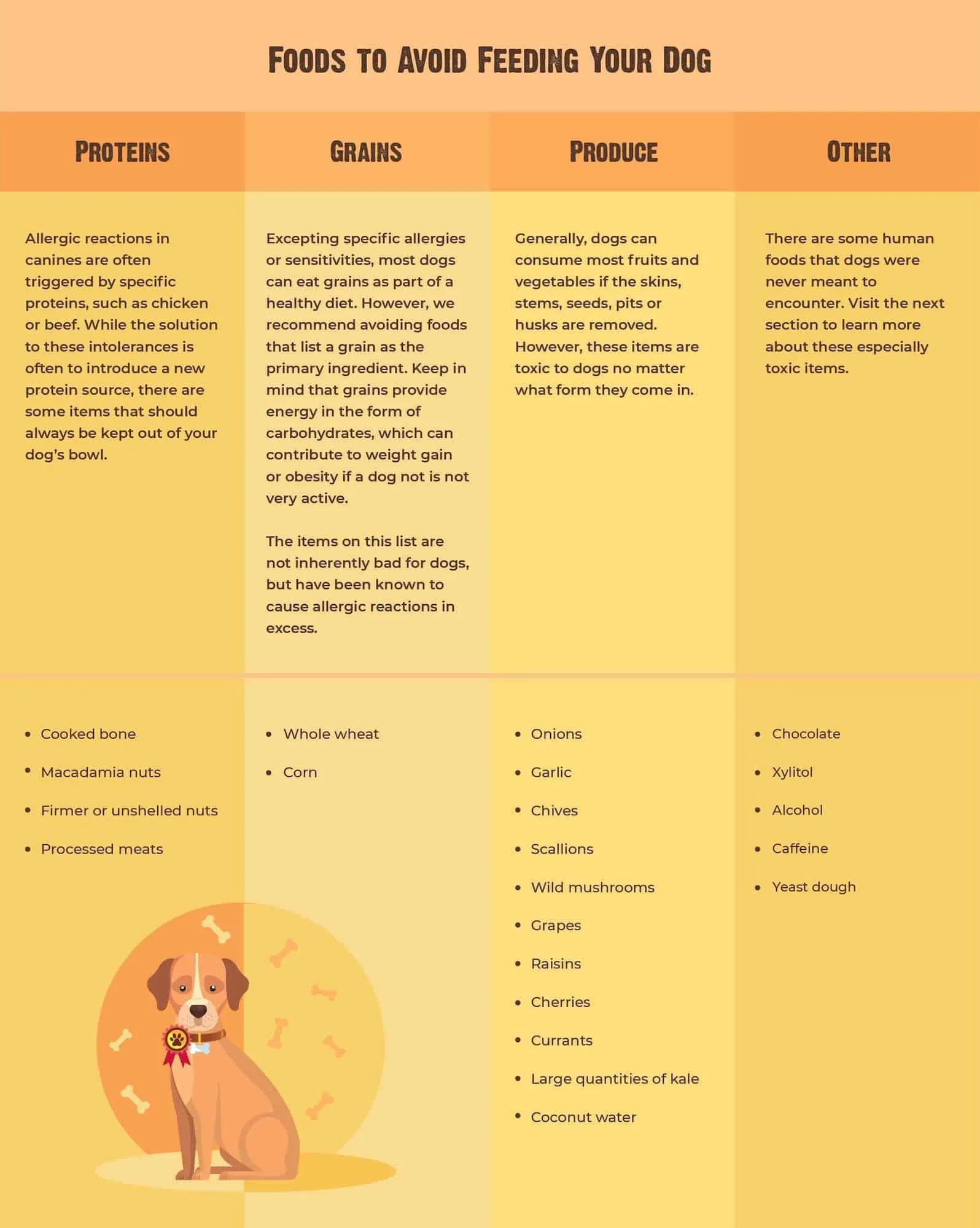Many dog owners view their furry friends as cherished family members, often tempted to share table scraps as a sign of love. However, not all human foods are safe for dogs, who have specific nutritional requirements for optimal health. Understanding what human foods dogs can eat helps prevent digestive issues, allergies, or even toxicity. This guide breaks down safe options, dangerous foods, and expert tips to keep your canine companion thriving.
While most dogs tolerate certain human foods in moderation, individual allergies or sensitivities can occur. Consult a vet for an allergy panel or elimination diet if your dog shows unusual reactions like itching, vomiting, or lethargy. For a deeper dive, explore what can dogs eat and what can they not eat.
Safe Human Foods for Dogs
Dogs can enjoy a variety of human foods as occasional treats or meal toppers, provided they fit into a balanced diet. Proteins like plain cooked chicken, turkey, and eggs offer high-quality nutrition without added fats or seasonings. Grains such as oatmeal or rice can aid digestion when prepared plainly, while fruits like apples (without seeds) and blueberries provide antioxidants.
Vegetables including carrots, green beans, and pumpkin are excellent low-calorie options that support gut health and dental hygiene. Always wash produce thoroughly and introduce new items gradually to monitor tolerance.
 What human foods can dogs eat
What human foods can dogs eat
Remember, treats should never exceed 10% of daily calories to avoid obesity or nutritional imbalances. For puppy-specific advice, check what foods are safe for puppies to eat.
Toxic Human Foods Dogs Must Avoid
Certain everyday human foods pose serious risks to dogs, ranging from mild upset to life-threatening poisoning. High-fat items like bacon or fried foods can trigger pancreatitis, causing severe abdominal pain and vomiting. Dairy products often lead to lactose intolerance symptoms such as diarrhea and gas, especially in adult dogs.
Sugary treats and baked goods with raisins or grapes are particularly hazardous, potentially causing kidney failure even in small amounts. Steer clear of these to safeguard your pet’s well-being.
 Toxic foods for dogs
Toxic foods for dogs
Avocados, while nutritious for humans, contain persin, which is toxic to dogs and may result in vomiting or diarrhea. Learn more about what food dog can not eat.
Especially Dangerous Foods for Dogs
Some human foods are outright poisonous and require immediate action if ingested. Alliums like onions, garlic, chives, and leeks damage red blood cells, leading to anemia with symptoms including weakness, pale gums, and rapid breathing. Effects can appear hours or days later, so vigilance is key.
Macadamia nuts cause hyperthermia, tremors, and hind leg weakness—contact a vet if suspected. Chocolate’s theobromine triggers heart issues, seizures, and potentially fatal arrhythmias, worse in darker varieties. Alcohol depresses the central nervous system, causing hypothermia and coma, while xylitol in gum rapidly drops blood sugar, risking liver failure.
According to the ASPCA Animal Poison Control Center, these toxins account for thousands of pet emergencies yearly. If exposure occurs, call your vet or the hotline at (888) 426-4435 immediately.
For fresh produce safety, see what fresh food can i feed my dog.
How to Safely Introduce Human Foods to Your Dog
Start small: Offer tiny portions of safe foods mixed into their regular kibble or raw diet, observing for 24-48 hours. A gradual rollout prevents tummy troubles and helps identify sensitivities. Puppies and seniors may need tailored portions due to developing or aging systems.
Veterinarians recommend sticking primarily to dog-formulated foods rich in raw proteins and moisture for longevity. Real-life experience from breeders shows that overfeeding human scraps leads to picky eaters and weight gain—balance is essential.
In winter hazards, know what to do if your dog eats ice melt for added safety.
Final Thoughts on Human Foods for Dogs
In summary, while many human foods can safely enhance your dog’s diet—like lean meats, select fruits, and veggies—toxic ones such as chocolate, grapes, and xylitol demand strict avoidance. Prioritize moderation, monitor reactions, and consult professionals for personalized advice. By focusing on what human foods dogs can eat wisely, you’ll promote a healthier, happier life for your pup.
Share your experiences in the comments, and explore more tips on our site for expert pet parenting!
References
- ASPCA Animal Poison Control: People Foods to Avoid Feeding Your Pets
- American Kennel Club: Dog Nutrition Guidelines
- Pet Poison Helpline: Common Toxins in Human Foods
